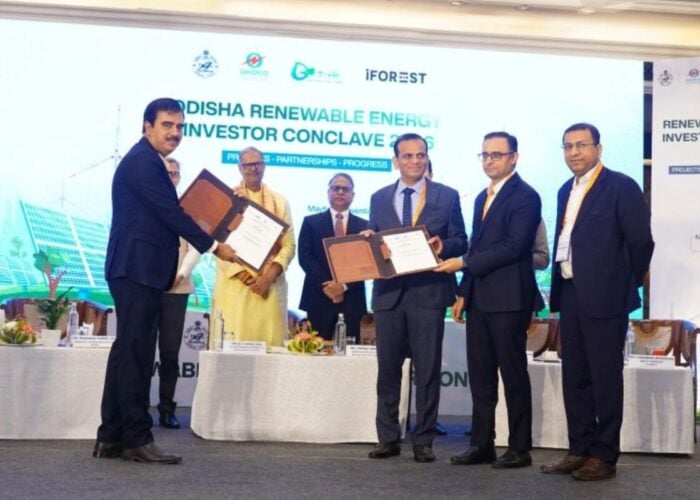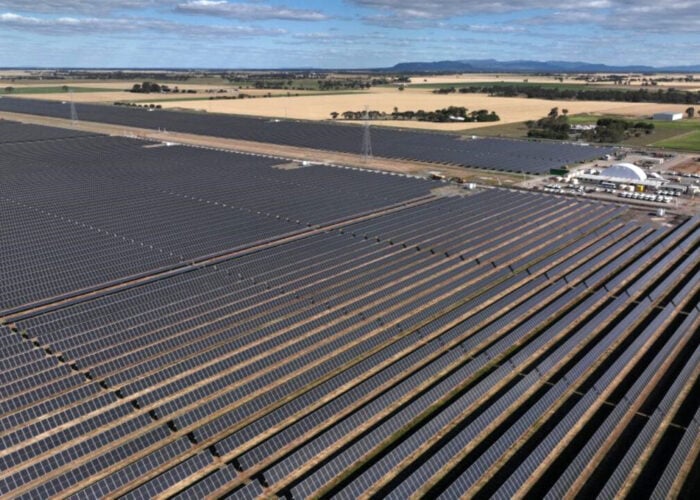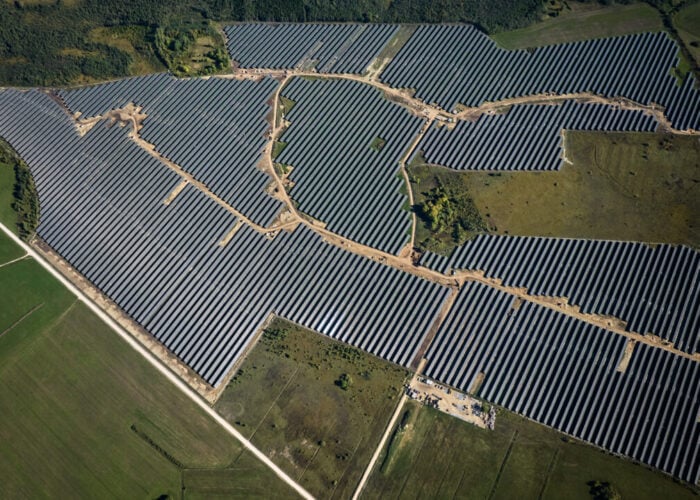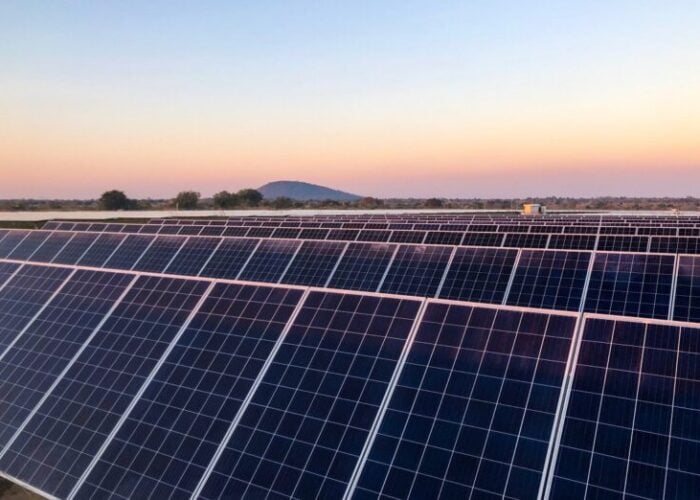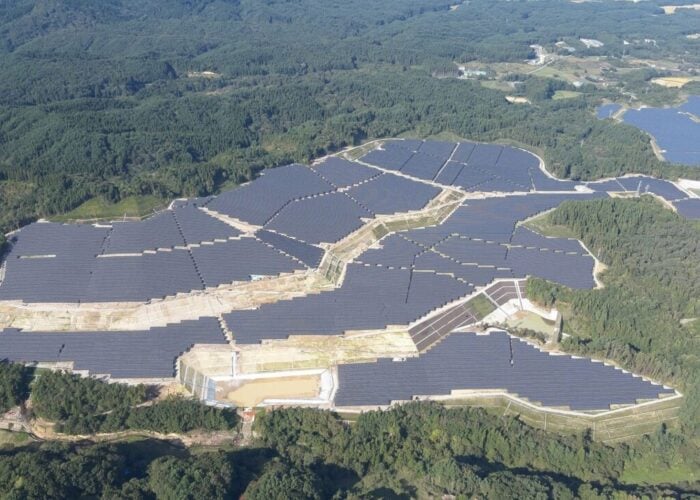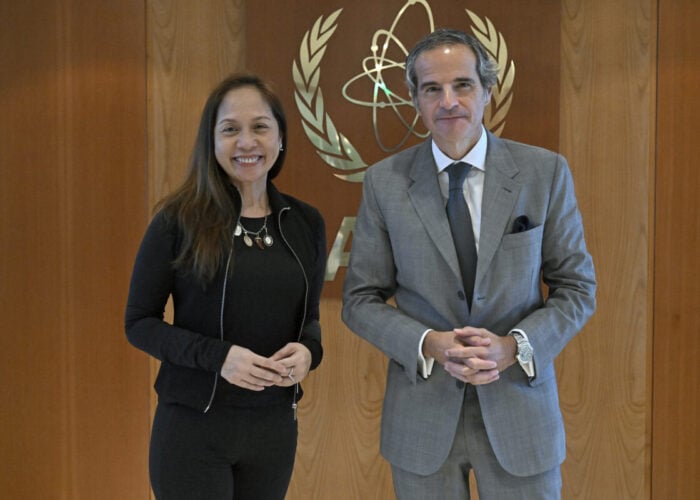The solar trade rows have so far largely played out in the anti-dumping and anti-subsidy arena but a particular set of World Trade Organization (WTO) rules applied to China are set to expire, casting doubt on future punitive tariffs.
On the 11 December 2001, a meeting of the WTO in Doha, Qatar, confirmed China’s accession to the group, becoming the 143rd member. It was the result of 15 years of negotiations.
Try Premium for just $1
- Full premium access for the first month at only $1
- Converts to an annual rate after 30 days unless cancelled
- Cancel anytime during the trial period
Premium Benefits
- Expert industry analysis and interviews
- Digital access to PV Tech Power journal
- Exclusive event discounts
Or get the full Premium subscription right away
Or continue reading this article for free
Fast-forward another 15 years to 2016 and the expiration of a number of clauses, which apply non-market economy status to China, are set to expire. The rules didn’t prevent China or individual sectors in China from proving they were market economies, prior to the 15-year deadline. The expiration doesn’t automatically designate China as a market economy either.
Like beauty, market economy status is in the eye of the beholder. An exporting country must meet the standards of the territory it is importing into. The debate over whether China will be granted this status in the EU has already begun.
There have been hints from Commissioners, rulings in European courts and interventions from ambassadors. The EU stated in December that China wouldn’t get the status automatically. China’s ambassador in Brussels warned the European trade committee that it was not a decision for the EU to make.
How the WTO rules are interpreted is a question for the diplomats and the debates will run and run. It’s on the agenda for a meeting between the EU and China in June. What the industry needs to be aware of is how the change in status affects the industry.
When calculating dumping duties, WTO members need to prove that the prices are lower than in the exporter’s domestic market. In cases regarding solar products and China, the EU (and others) have been able to ignore the fact export prices of Chinese solar products are in fact higher than the prices of those same products in China. This would have, at the very least, drastically reduced dumping margins.
If Beijing had been able to prove that the sector was market-based however, and it could have done so at any time in the last 15 years, then it could have significantly cut the impact of the trade disputes. The fact that it hasn’t could be interpreted as a tacit acceptance by China that the sector would have failed to meet tests set by the EU et al.
Trade lawyers approached by PV Tech have been reluctant to talk on the record given the uncertainty surrounding the impact of a decision in favour of China on the existing solar trade conflicts.
EU ProSun’s Milan Nitzschke has already identified the issue of the status as a threat “not just to solar, but to all European manufacturing”.
He explains the impact that the different status would have on the calculation of trade duties.
“Australia also opened an anti-dumping case against China for solar and the result was yes there was dumping but the margin was de minimis, only about 4%, so they didn't take action. The reason for that is that Australia already introduced market economy status for China. So the difference between treating it as a market or non-market economy is the difference between four and 50%,” he says.
“Europe has five criteria to define a market economy and China meets one of the five. There was a working group to help China meet the criteria but they walked away from it,” he claims. “China has a strong diplomatic position so they are arguing that as one of those clauses lapses [from the WTO rules], all the others do and it has to be treated as a market economy. Discussions have started in the EU and will also start in the US and all other WTO members.
“It's about all or nothing. We won't be able to defend European industry. It's not about solar it’s about all the other industries too. It's a really big issue,” adds Nitzschke who believes the timeline in the decision means the current European solar trade agreement won’t be affected.
With lawyers familiar with the EU-China solar case so unwilling to predict how it might interact with the decision and wider geopolitical and diplomatic influences at play, it’s simply an extra layer of complication to add to an already messy situation.

